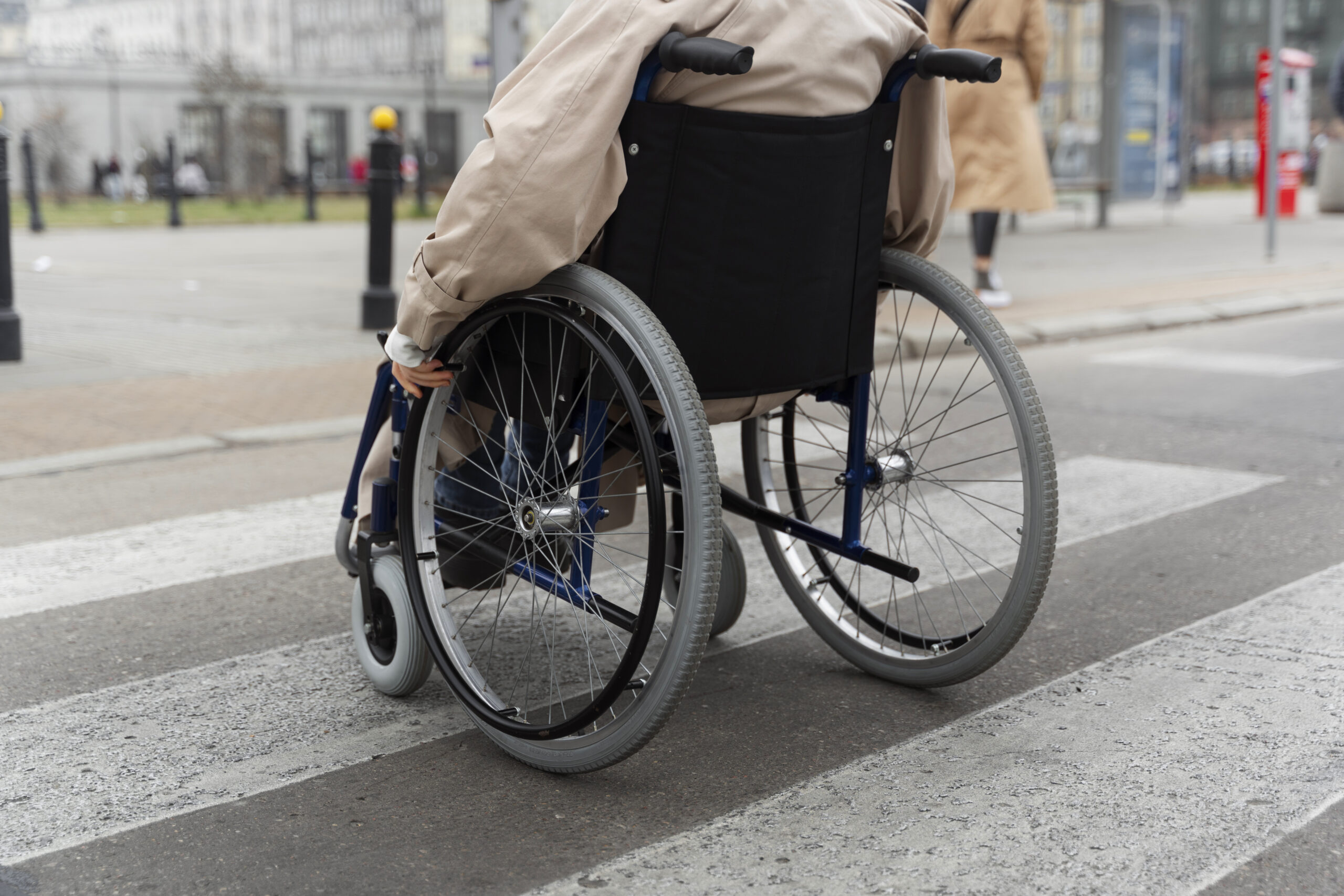- Contact:
- +971 4 26 68 222
- +971 50 3860 777

Mobility problems are common among seniors, often resulting from age-related conditions or medical complications. These challenges can significantly impact a person’s ability to remain independent, active, and socially engaged, affecting overall quality of life. Understanding the causes, concerns, and available support options for elderly mobility issues is essential to address these challenges effectively.
What Causes Mobility Problems in the Elderly?
Mobility problems in old age are influenced by a combination of physical, neurological, and environmental factors. Common causes of mobility impairment include:
Concerns Related to Elderly Mobility Problems
Elderly mobility problems can have far-reaching consequences beyond physical challenges, including:
How to Help Seniors Manage Mobility Issues?
While some mobility problems in old age are inevitable, proactive measures can help mitigate their effects and improve overall quality of life:
Mobility challenges are a common reality for many seniors, but with the right support and interventions, it is possible to maintain independence and a good quality of life. Understanding the causes of mobility problems in the elderly and addressing mobility concerns early can help prevent complications and improve well-being.
Services to Support Elderly with Mobility Issues
At Eureka, we offer tailored services to assist seniors in maintaining mobility and improving their overall well-being:
Eureka: Your Partner in Senior Mobility Care
At Eureka, we understand the unique challenges faced by seniors with mobility issues. Our dedicated team offers personalized care through physiotherapy, at-home nursing, and palliative care services, empowering seniors to lead active and fulfilling lives. Contact us today to learn how we can support you or your loved ones in overcoming elderly mobility issues and regaining confidence in everyday activities.
In the home setting, Nurses play an integral role in the delivery of quality healthcare services that generates trust and collaboration for both the care of the client and the maintenance of health of other family members as well.
Office 107, Business Point Building, Port Saeed, Dubai, United Arab Emirates
Mob : +971 50 3860 777
Tel : +971 4 26 68 222
© 2023 Copyright Eureka Home Health Care | Patient Rights | All rights reserved.
MOH APPROVAL # 17GKT9GT-040725